أيروجيني — مساعدك الذكي للطيران.
الرائج الآن
Categories
Five Airlines Advancing AI Safety Standards
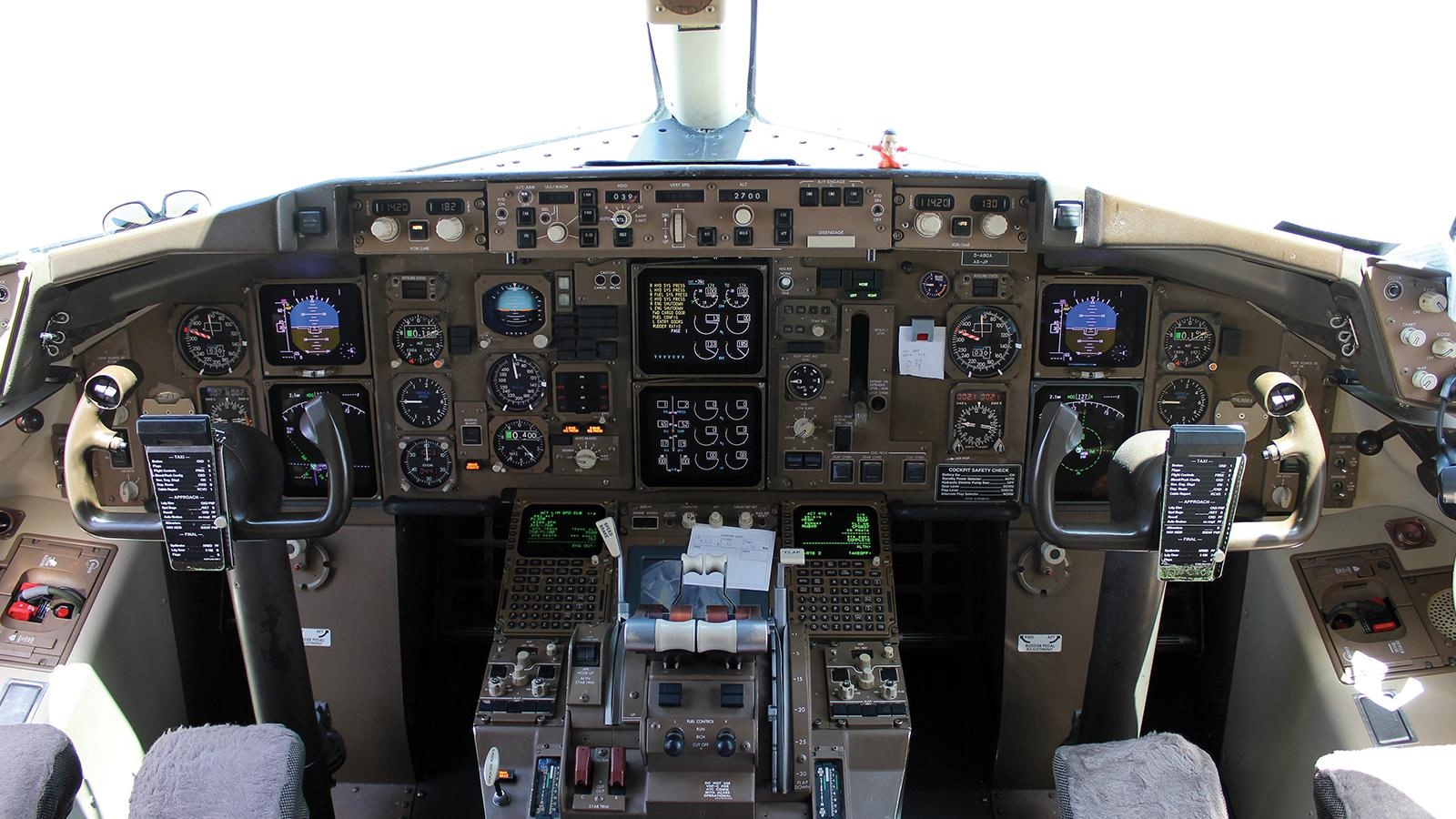
Five Airlines Lead the Charge in Advancing AI Safety Standards
As artificial intelligence continues to reshape industries worldwide, five prominent airlines have taken a proactive stance in developing and implementing enhanced AI safety standards. Their initiative seeks to strike a careful balance between embracing technological innovation and maintaining rigorous risk management protocols. This move comes amid ongoing debates about the potential hazards and benefits of AI, reflecting broader concerns expressed by influential technology figures such as Microsoft co-founder Bill Gates.
Navigating the Challenges of AI Integration in Aviation
Bill Gates recently addressed widespread fears surrounding AI, cautioning against apocalyptic narratives while acknowledging genuine risks such as misinformation, job displacement, and cybersecurity threats. In a blog post, he likened the current AI revolution to previous technological upheavals, including the advent of automobiles, which initially caused disruption but ultimately led to improved safety frameworks and societal progress.
For airlines, the integration of AI systems presents distinct challenges. It is imperative that these new technologies do not undermine existing safety protocols. The so-called AI Risk Equation—balancing innovation with safety—highlights the critical need for robust safeguards. Any delays or errors in implementation could expose airlines to significant operational disruptions and damage to their reputations, especially as AI becomes increasingly embedded in flight operations, maintenance, and customer service functions.
Investor response to these safety initiatives has been largely favorable. Airlines demonstrating a commitment to proactive AI safety measures have seen increased investor confidence, with some carriers experiencing positive movements in their stock valuations. However, the industry’s competitive landscape reveals a spectrum of reactions: while some airlines are adopting similar AI safety protocols, others remain skeptical about the feasibility and financial implications of these new standards.
Industry Collaboration and Ongoing Concerns
Collaboration across the aviation sector and related industries is gaining traction. The Cloud Security Alliance recently endorsed its AI Safety Initiative, underscoring the importance of shared best practices and collective efforts in developing secure AI deployment strategies. This cooperative approach is considered vital for addressing complex issues such as data security, system interoperability, and compliance with evolving regulatory frameworks.
Despite these advances, skepticism persists, particularly within the travel and hospitality sectors. Reports from Hospitality Net highlight ongoing concerns regarding AI’s role in customer service and the safeguarding of sensitive passenger information. Airlines face the challenge of addressing these issues with transparency to foster trust among travelers and regulatory authorities.
Bill Gates’s perspective offers a cautiously optimistic outlook. While he acknowledges the threats posed by deepfakes, cyberattacks, and algorithmic bias, he remains hopeful that AI can be harnessed to detect misinformation and bolster security measures. He advocates for clear regulatory frameworks governing AI-generated content and proposes the establishment of a global oversight body akin to the International Atomic Energy Agency.
As these five airlines pioneer advancements in AI safety standards, their efforts may establish a benchmark for the wider industry. By prioritizing both innovation and safety, they aim to ensure that the transformative potential of AI is realized without compromising passenger trust or security on a global scale.
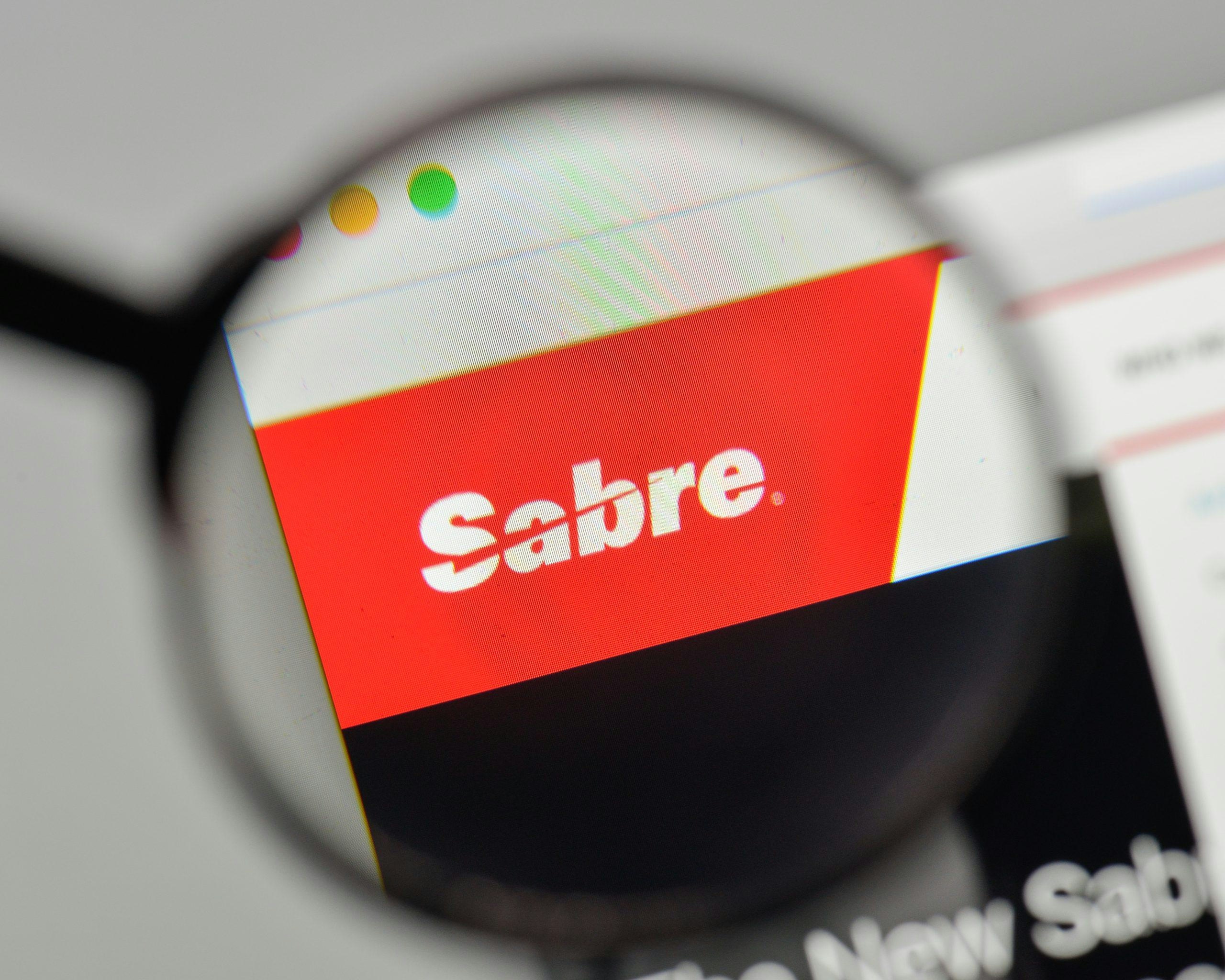
Sabre Introduces New AI-Driven Platform
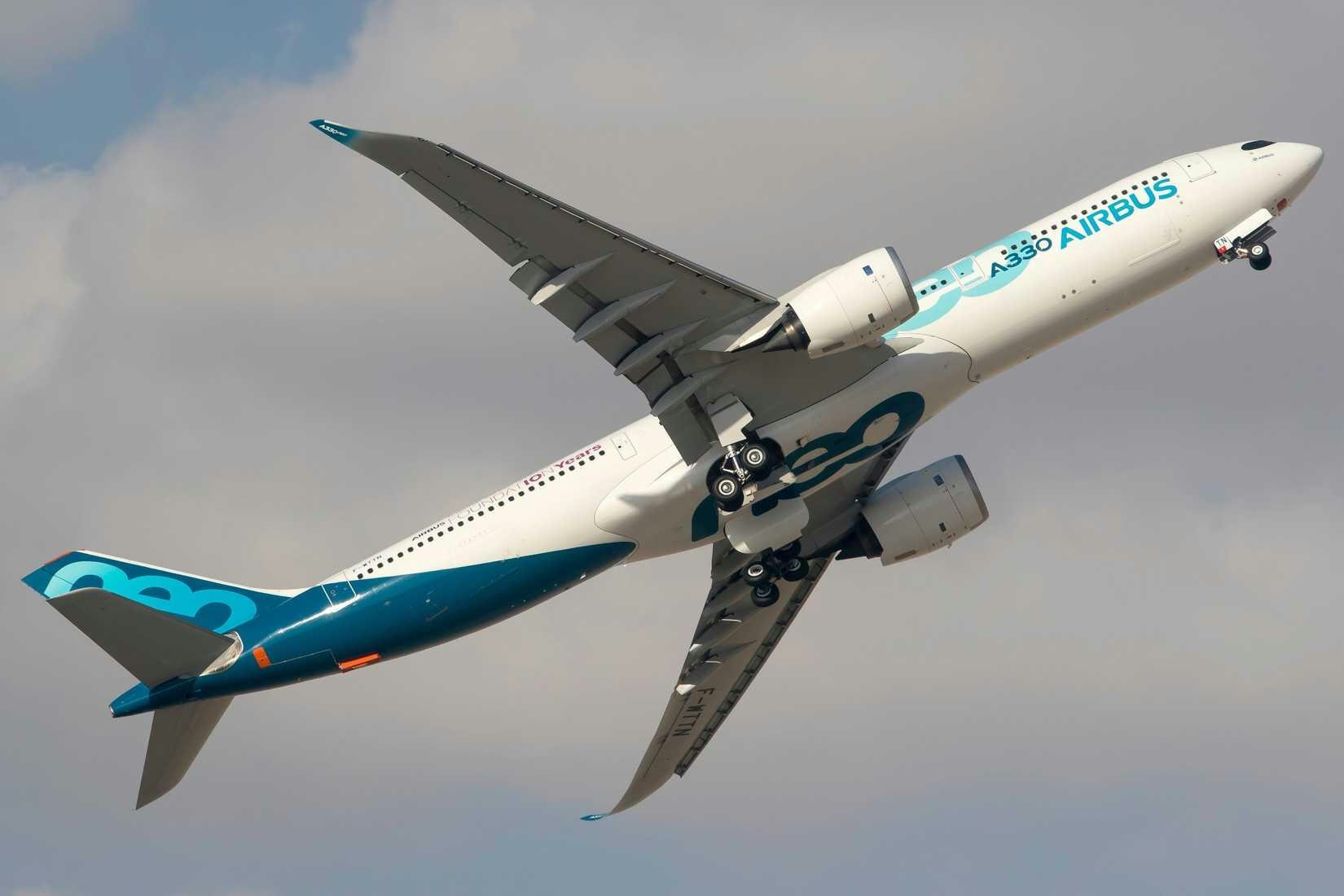
GOL CEO Confirms Possible Arrival of A330neo Widebody Aircraft
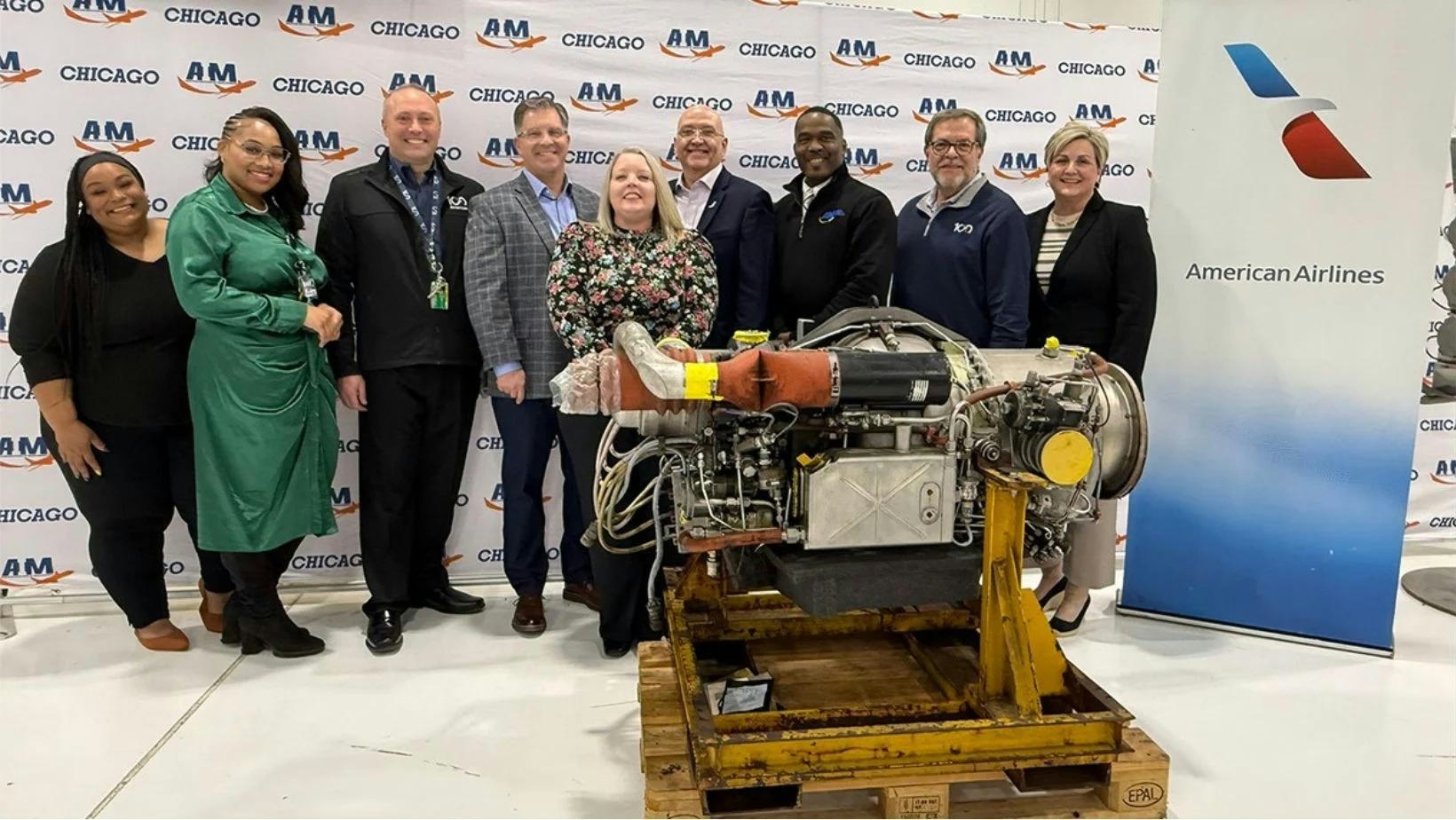
American Airlines donates APU to AIM Chicago for student training
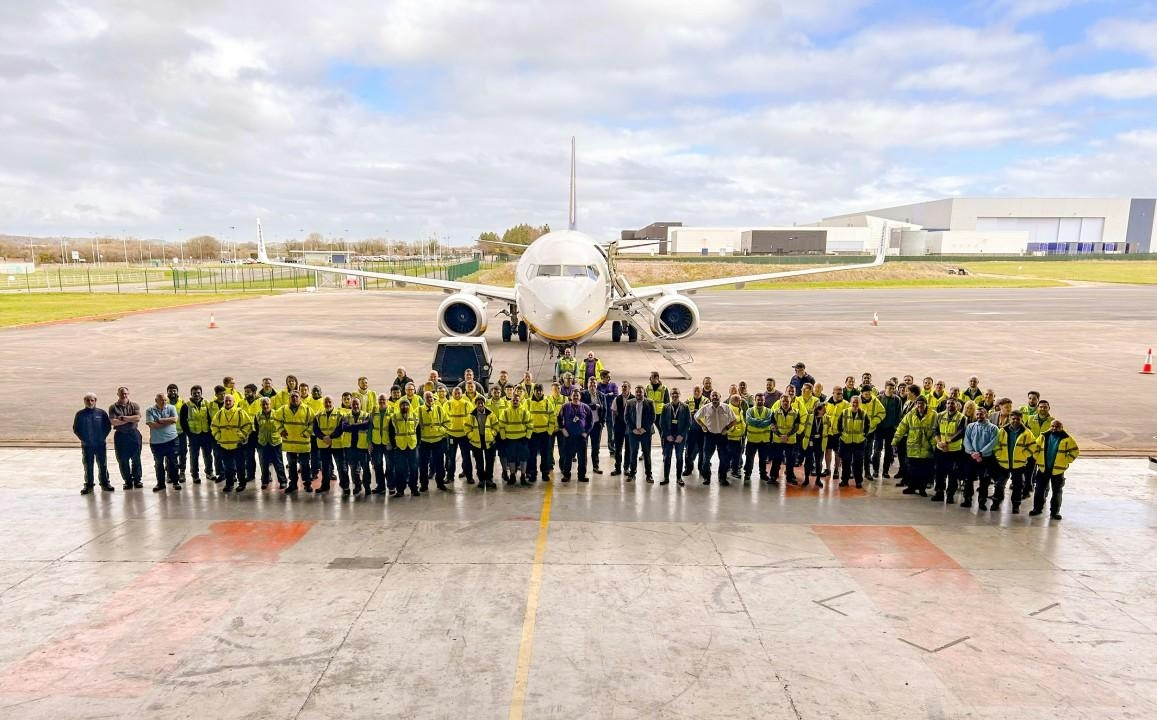
Steer Appointed Base Maintenance Manager at Caerdav
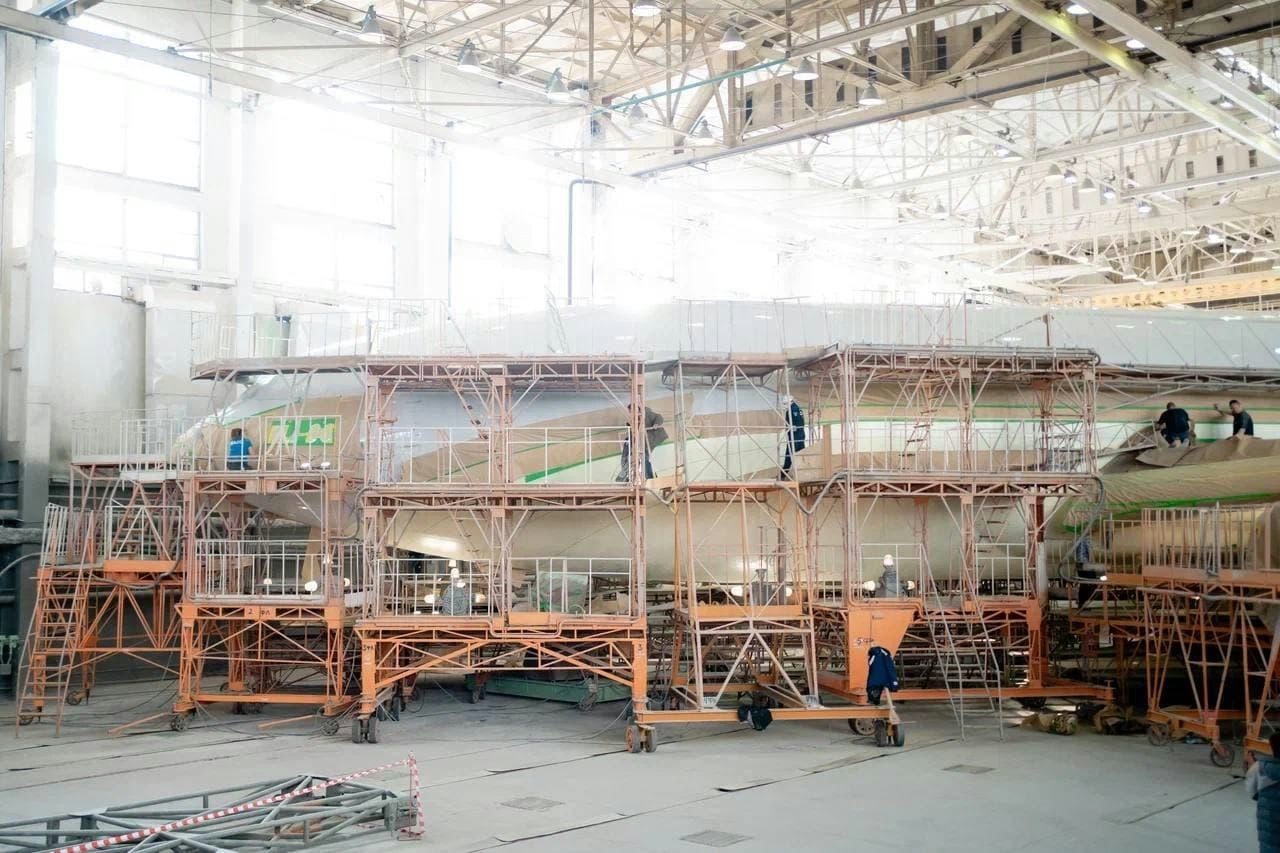
New Il-96 Wide-Body Aircraft Built in Russia; Customer Remains Undisclosed
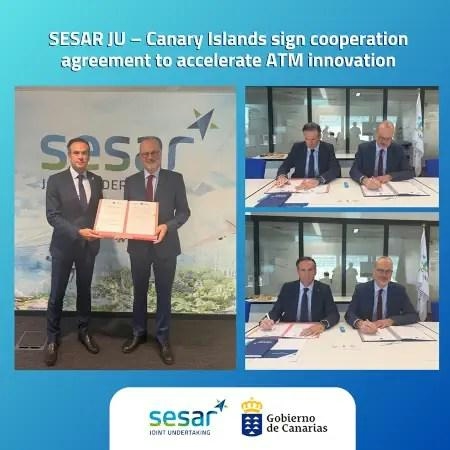
SESAR JU and Canary Islands Sign Agreement to Advance Air Traffic Management
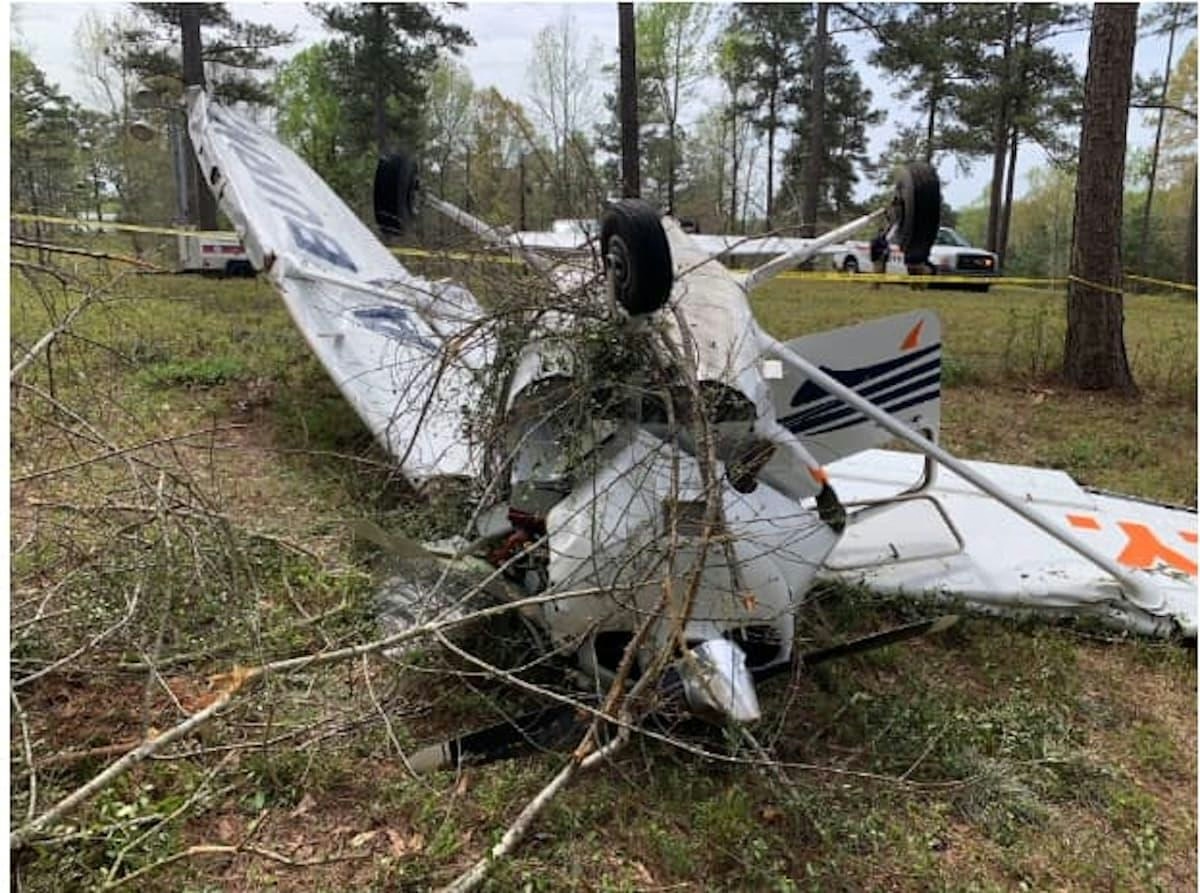
Contaminated Fuel Injector Causes Emergency Landing
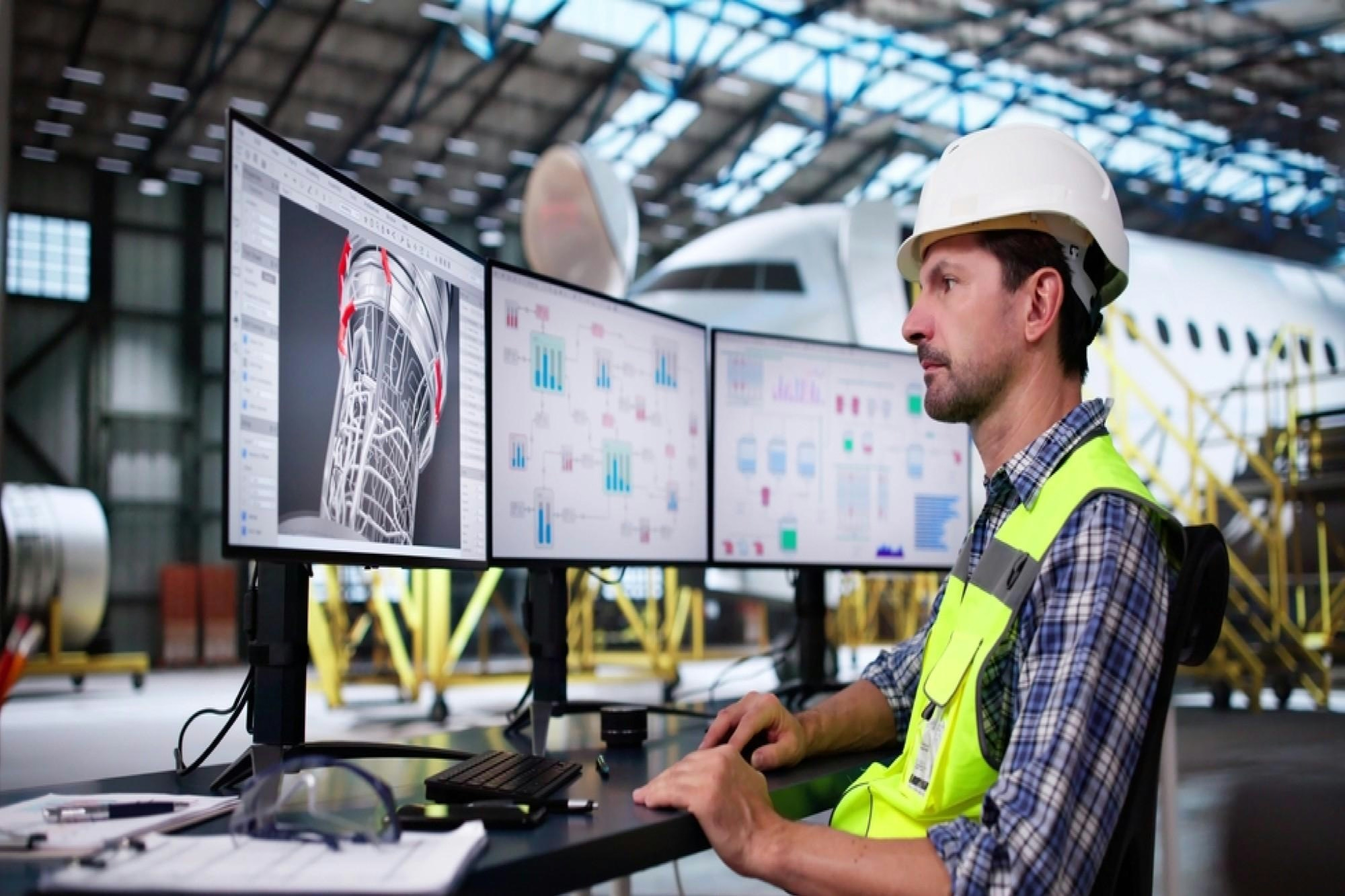
Sahar Group Adopts Ramco Aviation Software to Support Growth
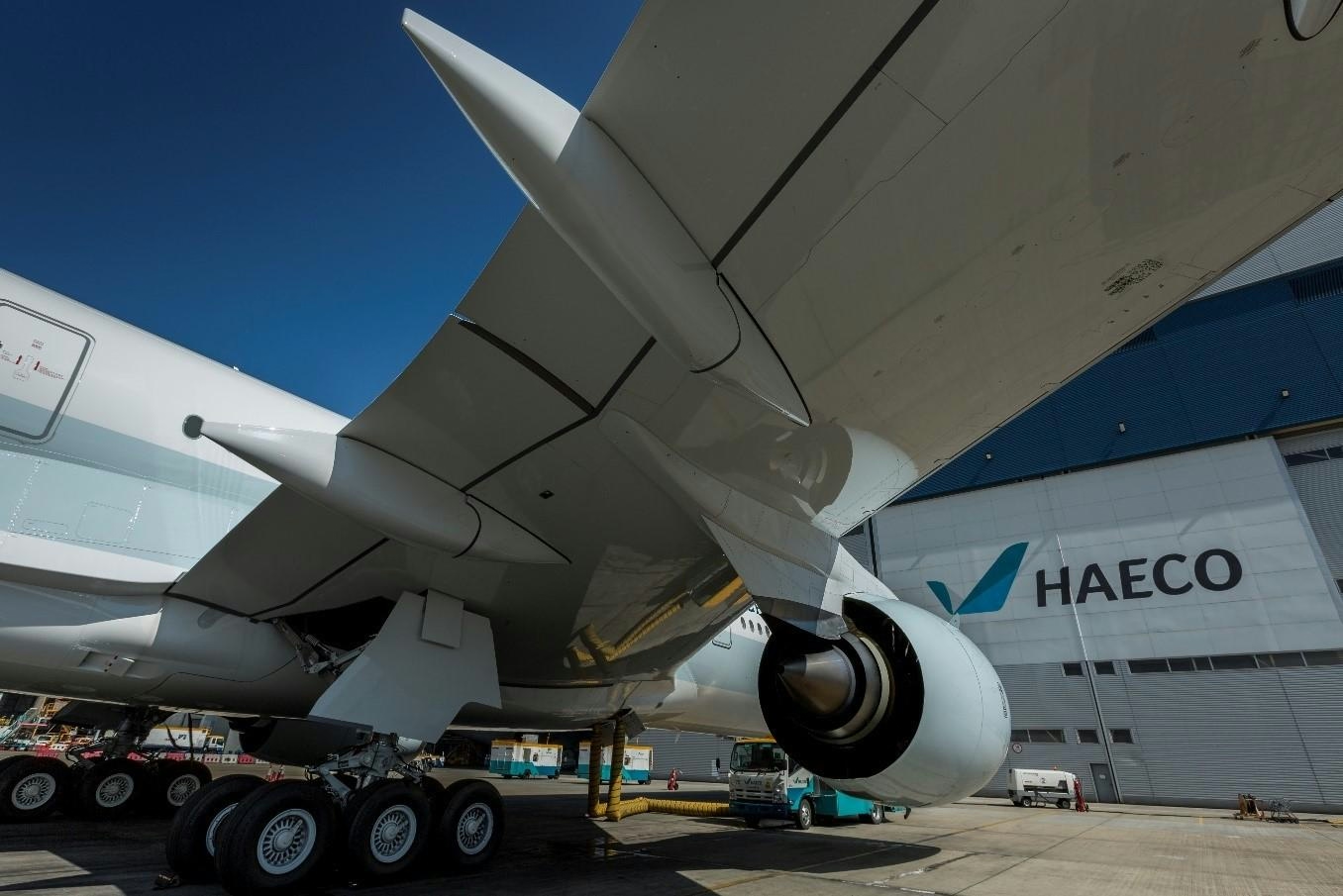
Deucalion Leases Three A330 Aircraft to Wamos Air
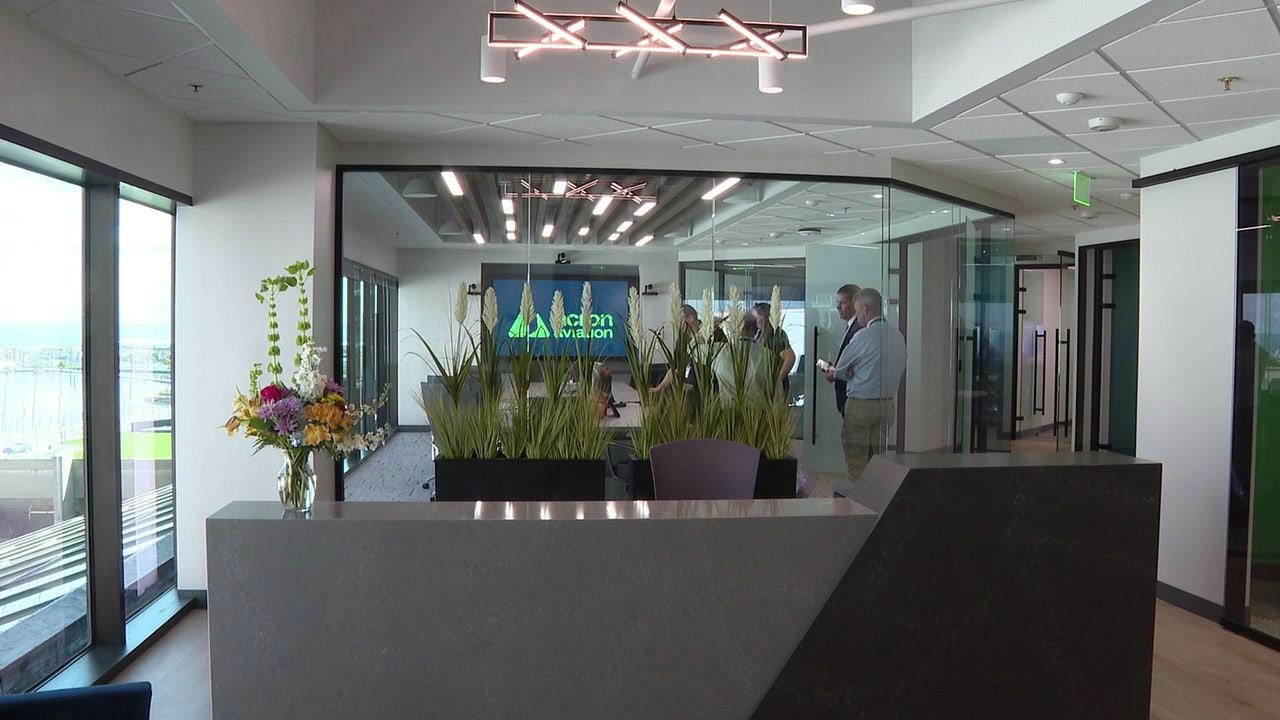
Acron Aviation Opens Global Headquarters in St. Petersburg, Florida
